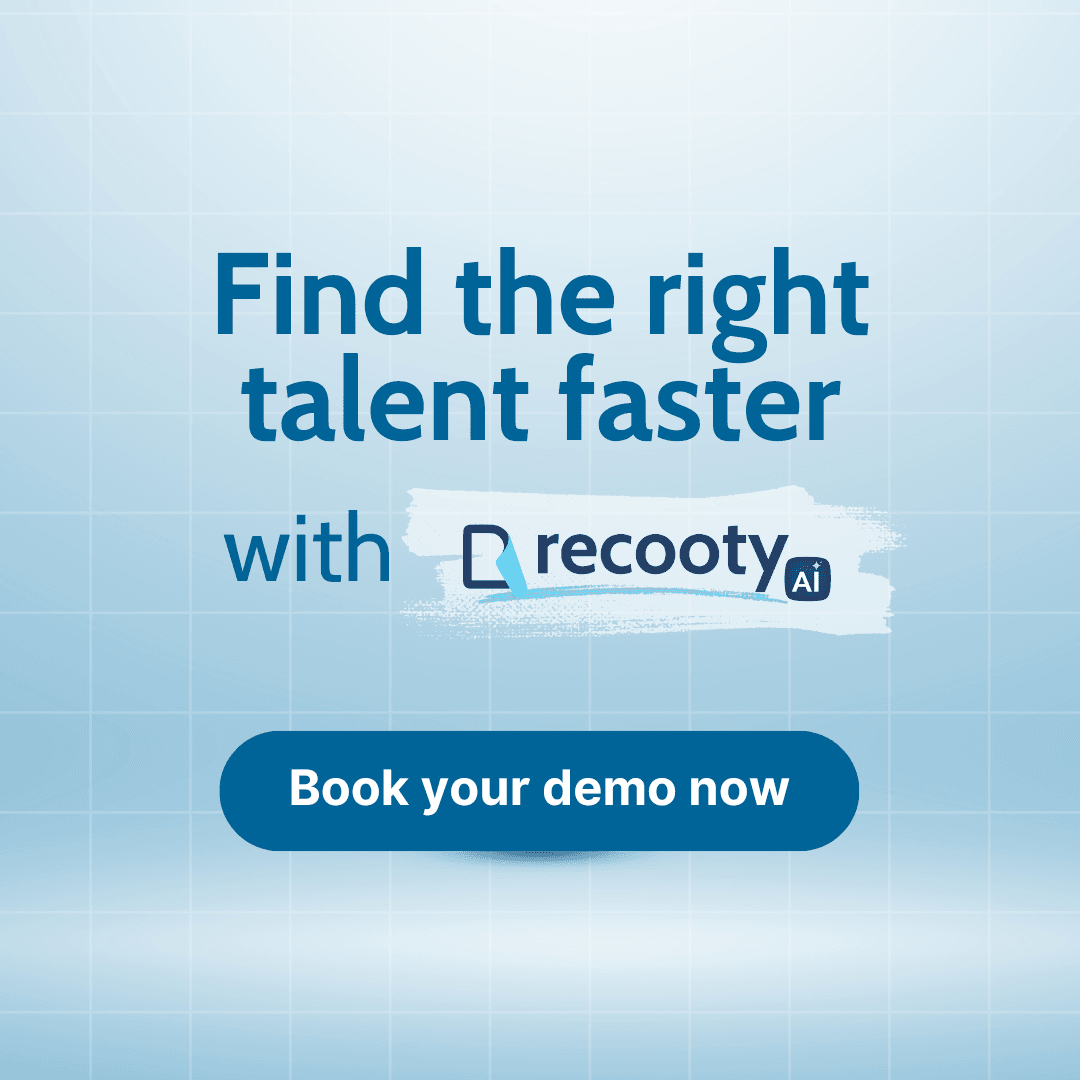AI Auditor Job Description
Looking to craft the perfect AI Auditor Job Description? You're in the right place!

In today’s data-driven world, a well-written job description is the key to attracting top AI auditing talent, ensuring your organization stays compliant and innovative. In this guide, we’ll walk you through everything you need to create a compelling job description, and provide free templates to simplify your hiring process.
How to write the AI Auditor job description
Crafting the ideal job description for an AI Auditor can be broken down into six simple steps. This process ensures your job listing is detailed, clear, and appealing to potential candidates. Let’s walk through it:
- Conduct a Thorough Job Analysis: Identify the specific duties, responsibilities, and skills your organization needs. Consider what an AI Auditor does and the impact they’ll have on your team.
- Gather Relevant Information: This includes understanding the technical requirements, regulatory knowledge, and industry-specific standards for AI auditing.
- Structure the Job Description Clearly: Break the description into digestible sections, such as roles, responsibilities, requirements, and qualifications.
- Use Simple and Direct Language: Ensure the job description is clear and free of jargon. This helps applicants understand what’s expected without unnecessary confusion.
- Include Essential Requirements: Clearly state the educational background, certifications, and experience level required for the job.
- Tailor the Job Description to Your Organization: Customize the role to fit your company’s unique needs, while following industry standards.
Overview of the AI Auditor job position
An AI Auditor plays a crucial role in evaluating the integrity, compliance, and performance of artificial intelligence systems within an organization. The purpose of this role is to ensure that AI technologies align with regulatory standards and ethical guidelines, contributing to the organization’s transparency and accountability. AI Auditors work across departments to identify risks, review AI algorithms, and recommend necessary changes for compliance and safety.
AI Auditor job description template sample
Job Title:
AI Auditor
Department:
IT and Development
Reports to:
Chief Technology Officer (CTO)
Summary:
[Your Company Name] is seeking an experienced AI Auditor to oversee the compliance and ethical use of AI technologies within our organization. As an AI Auditor, you will be responsible for ensuring that our AI systems adhere to all relevant laws, ethical standards, and operational guidelines. You will conduct regular audits of machine learning models, evaluate risks, and provide actionable insights to improve our AI practices.
Responsibilities:
- Evaluate AI systems for regulatory and ethical compliance
- Audit machine learning models and ensure they function as intended
- Identify risks related to AI deployments and propose solutions
- Collaborate with cross-functional teams to address audit findings
- Monitor AI performance in production environments
- Draft compliance reports and provide recommendations for improvement
- Stay updated on the latest AI regulations and industry standards
- Educate internal teams on ethical AI practices
Requirements:
- Bachelor’s degree in Computer Science, Data Science, or a related field
- 5+ years of experience in AI auditing
- In-depth knowledge of machine learning models and AI ethics
- Certifications in AI auditing (e.g., CISA, CEAA)
- Excellent problem-solving and communication skills
- Familiarity with privacy laws and data governance standards
Don’t like this Job Description?
Create your own job description with AI in seconds
Frequently asked questions
An AI Auditor reviews AI systems and algorithms to ensure compliance with legal, ethical, and operational standards. They assess potential risks and provide recommendations for improvement.
Duties include auditing machine learning models, assessing risks, ensuring regulatory compliance, and collaborating with internal teams to improve AI systems.
To customize, focus on the specific AI technologies and regulatory frameworks that apply to your industry, and tailor the responsibilities to fit your organization’s needs.


